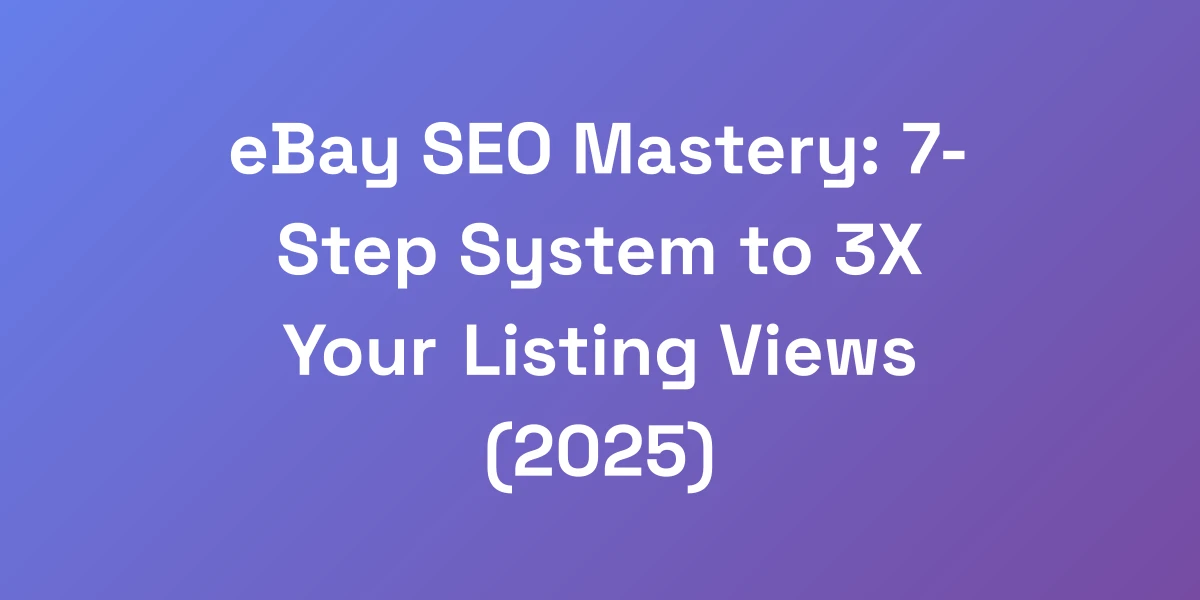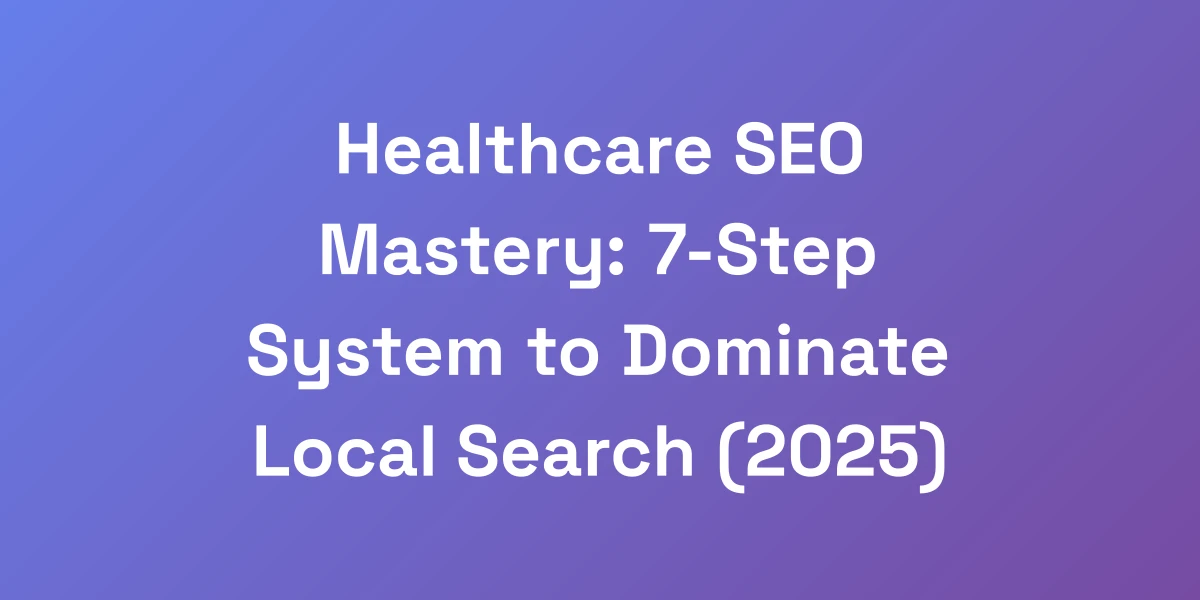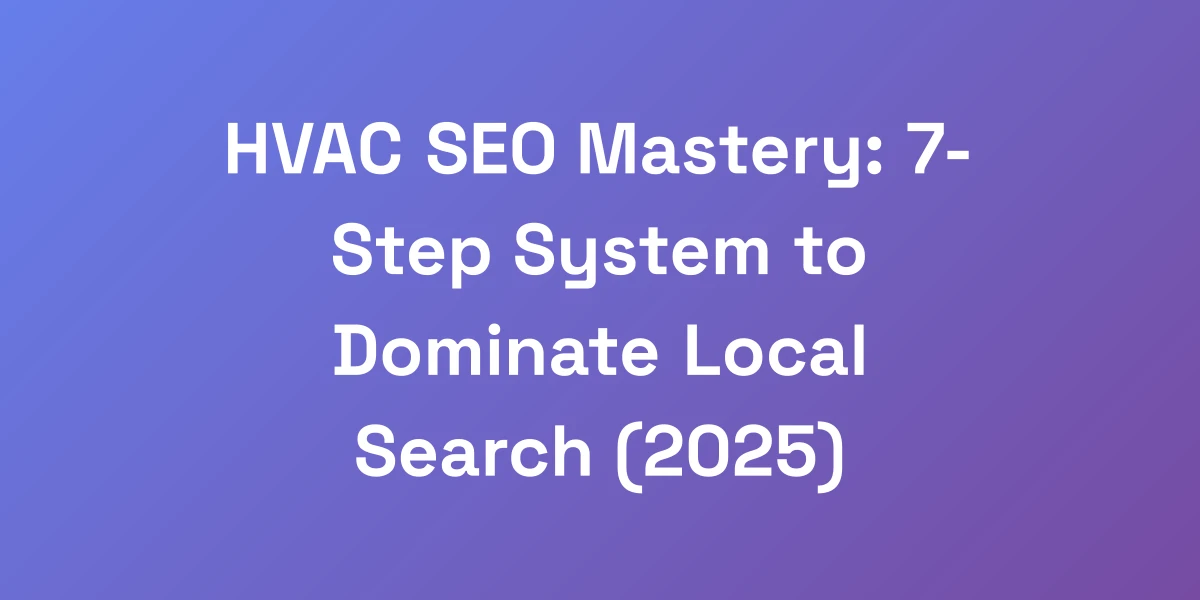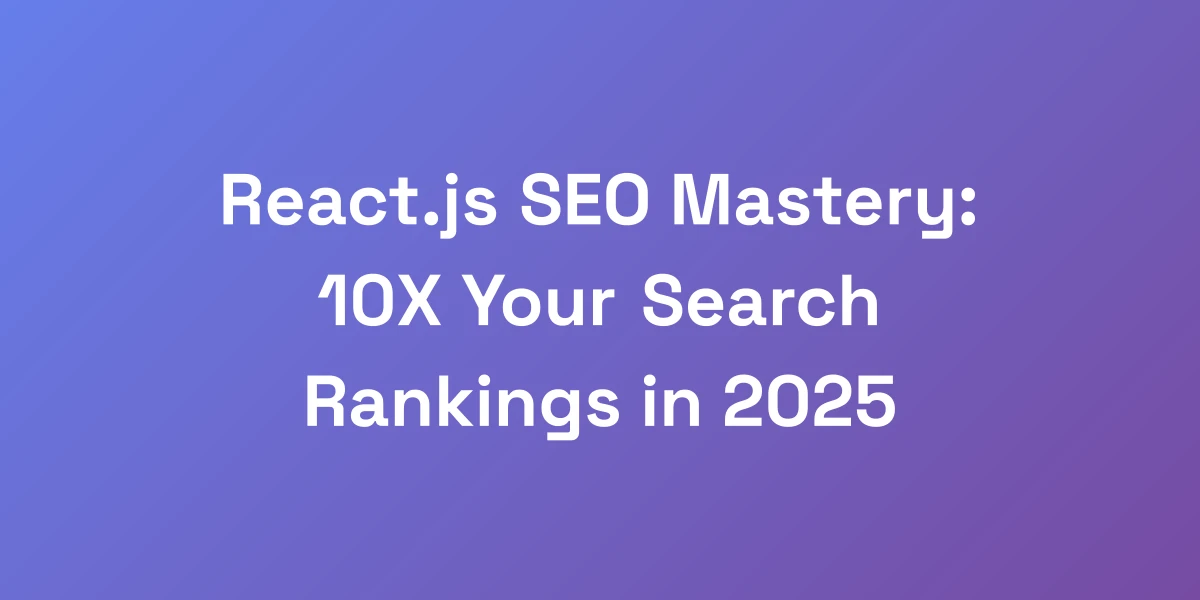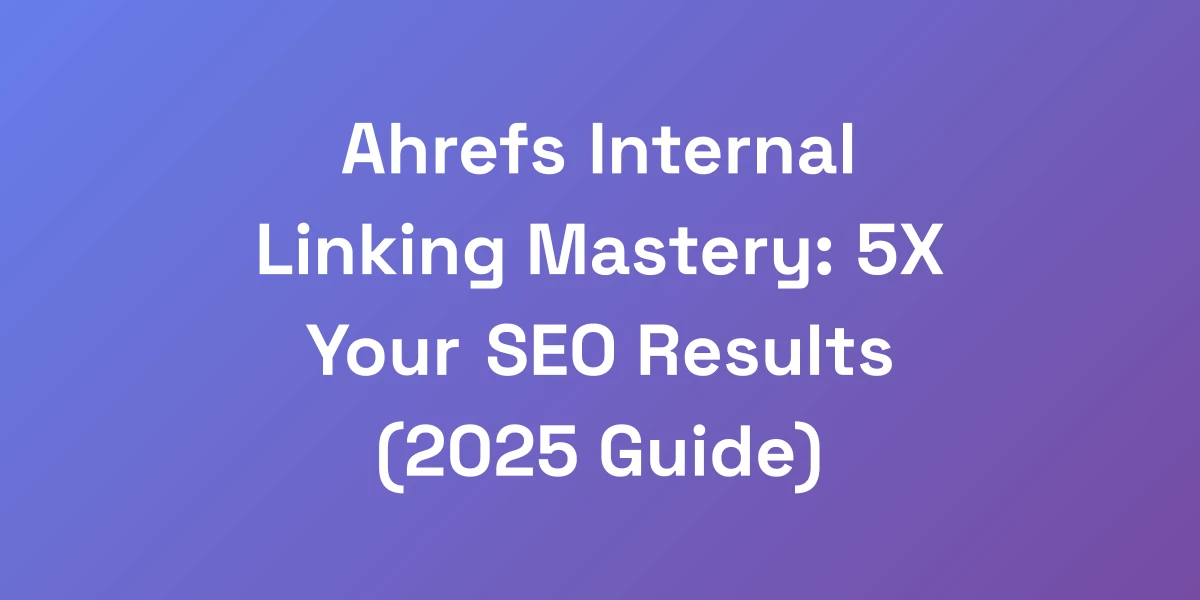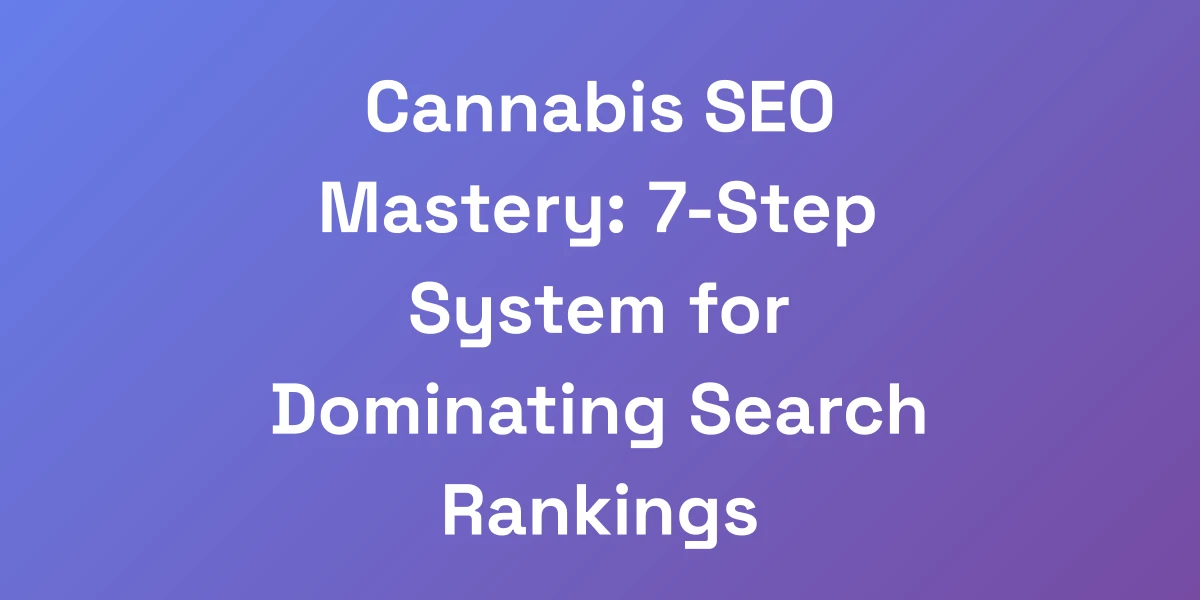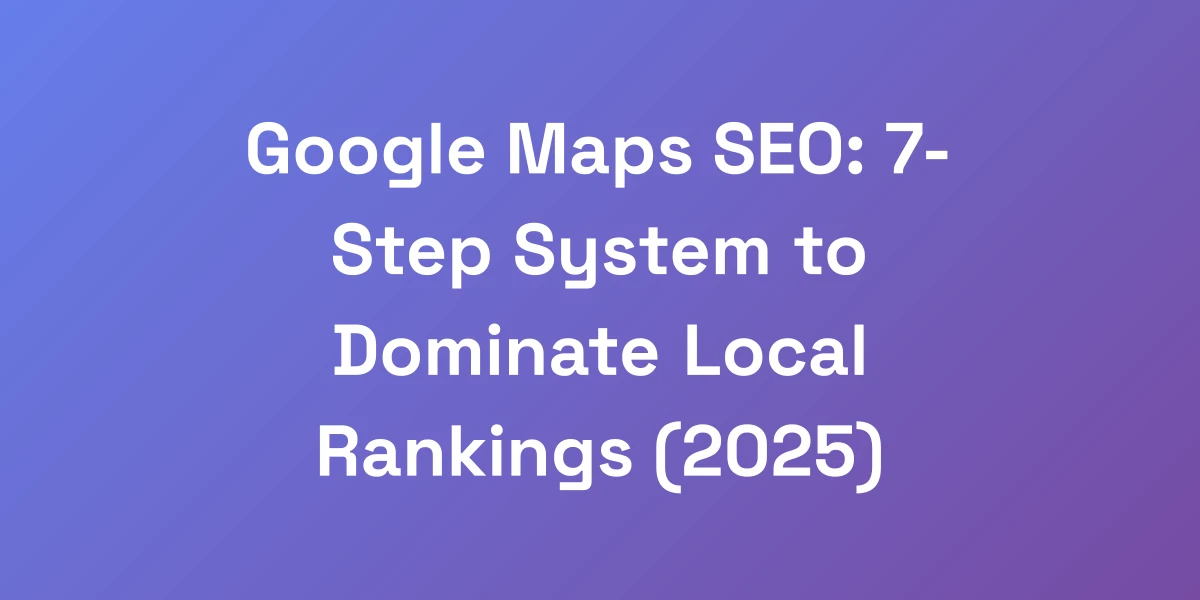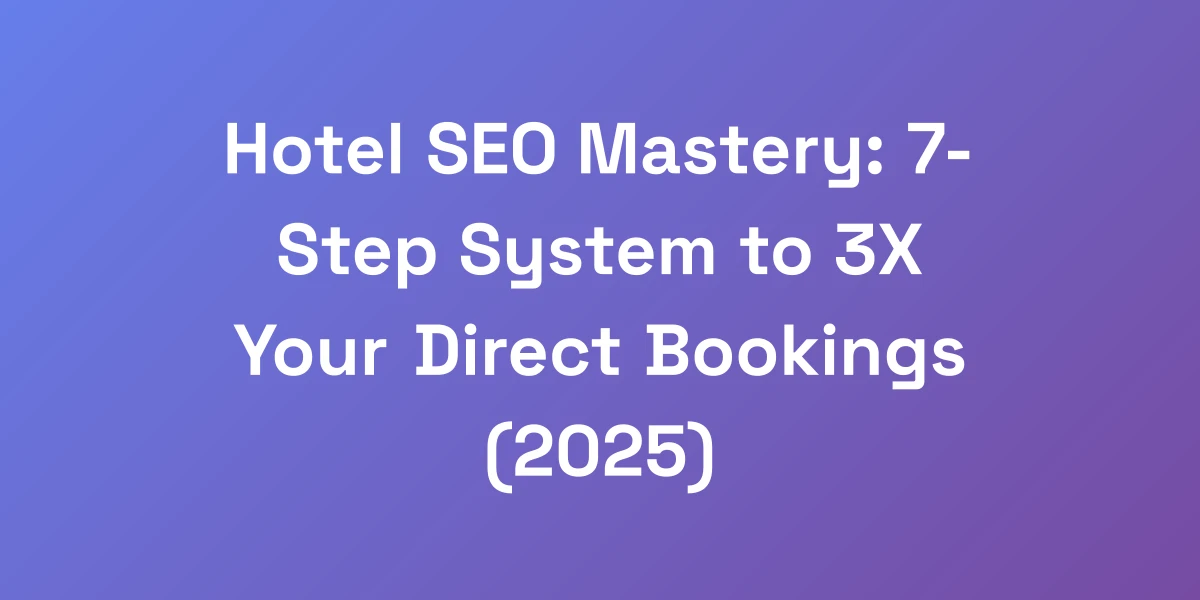
Hotel SEO Mastery: 7-Step System to 3X Your Direct Bookings (2025)
Mar 4, 2025 | By zishansami102@gmail.com
Introduction
Let’s get real: in the fiercely competitive hotel industry, more direct bookings mean higher profits and greater control over your brand. Yet, most hotels are missing out, stuck in the rut of outdated SEO strategies that barely scratch the surface. Imagine tripling your direct bookings in just seven steps—sounds crazy, right? But it’s entirely achievable with the right approach.
We’ve seen firsthand how effective search engine optimization for hotels can transform a business. The landscape is shifting, and only those who adapt will thrive. Are you ready to uncover the hidden strategies that can propel your hotel to the top of search results and keep the bookings rolling in? Let’s cut through the noise and dive into a system that’s proven to work.
This article isn’t just another rundown of SEO basics. We’re talking about a comprehensive, in-depth strategy tailored specifically for hotels, packed with actionable advice and real-world examples. Whether you’re a small boutique hotel or a large chain, these steps will equip you with the tools you need to dominate the search rankings and maximize your direct bookings.
The Hidden Gold Mine in Hotel SEO (Most Hotels Miss This)
Let me hit you with some truth: 81% of hotel bookings start with a Google search, but most hotels are leaving money on the table. Here’s why: They’re playing checkers while their competitors are playing chess. The real money isn’t in generic hotel SEO – it’s in understanding the psychological triggers that make travelers click ‘Book Now.’ In our years of scaling businesses, we’ve discovered that the difference between a 2% and a 12% conversion rate often comes down to how you position yourself in search results. Let’s cut through the fluff and get to what actually works.
Why Traditional Hotel SEO Fails
Traditional SEO for hotels often focuses solely on generic keywords like “hotel in [city]” or “best hotels near [landmark].” Sure, these keywords bring in traffic, but are they converting? Probably not as much as you’d like. The problem? They don’t tap into the specific needs or desires of your potential guests.
We’ve seen countless hotels waste resources on outdated SEO tactics. They neglect the importance of user intent—what exactly the traveler is looking for when they search. Without aligning your content with these intents, your SEO efforts fall flat, resulting in low engagement and minimal bookings.
- Lack of Targeted Keywords: Focusing on broad terms instead of niche, high-intent keywords.
- Poor Content Quality: Content that doesn’t provide real value or address specific traveler needs.
- Ignoring User Experience: Slow websites and poor mobile optimization drive potential guests away before they even see your offerings.
The New Psychology of Travel Search
Understanding the psychology behind travel searches is crucial. Travelers aren’t just looking for a place to sleep—they’re seeking an experience. They want assurance that their chosen hotel will meet their specific needs, whether it’s a romantic getaway, a family-friendly environment, or a business-friendly space.
So, how do we tap into this mindset? By creating content that resonates with these desires and addresses the underlying motivations. Think beyond the basics and start crafting messages that speak directly to what your guests are looking for. This approach not only boosts your SEO but also enhances your overall brand perception.
Understanding Search Intent vs. Booking Intent
It’s essential to differentiate between search intent and booking intent. Search intent is the reason behind a user’s search query—are they just exploring, or are they ready to book? Booking intent, on the other hand, is when the user is primed to make a reservation.
- Informational Intent: The user is looking for information, like “best time to visit [city].”
- Navigational Intent: The user is trying to find a specific site, such as “Marriott booking.”
- Transactional Intent: The user is ready to take action, like “book hotel room in [city].”
By identifying and optimizing for these intents, we can tailor your content to meet users at every stage of their booking journey, ultimately increasing conversion rates.
The ROI Mathematics of Hotel SEO
SEO is not just a marketing expense; it’s an investment with measurable returns. Let’s break down the ROI. Imagine your hotel’s website receives 10,000 monthly visitors. With a 2% conversion rate, that’s 200 bookings. Increase that to 12%, and you’re looking at 1,200 bookings—a sixfold increase without additional traffic.
- Initial Investment: The cost of implementing SEO strategies.
- Traffic Growth: Increased visibility leads to more visitors.
- Conversion Rate Improvement: Better targeting and optimized user experience translate to higher bookings.
By investing in affordable SEO services, you’re not just driving more traffic; you’re driving more revenue. It’s a straightforward equation: better SEO equals more direct bookings.
Case Study: How One Hotel Tripled Bookings Through SEO
Let’s look at a real-world example. A mid-sized hotel in a competitive market was struggling with low direct bookings. They implemented a targeted SEO strategy, focusing on high-intent keywords and optimizing their Google Business Profile. Within six months, their direct bookings tripled. How? By aligning their content with traveler intent and enhancing their local SEO presence, they captured the attention of more potential guests at the moment of decision-making.
This case study isn’t unique. With the right SEO approach, any hotel can achieve similar success. It’s about understanding the nuances of hotel SEO and applying them effectively.
Local SEO Domination Strategy for Hotels
Here’s the brutal truth about local SEO for hotels: proximity is no longer king. We’ve seen hotels ranking #1 in local pack results despite being further from the city center than their competitors. The secret? They’ve mastered what we call the “Local Trust Trinity” – reviews, relevance, and real engagement. Your Google Business Profile isn’t just a listing; it’s your most powerful conversion tool. When you understand how to leverage it correctly, you can turn it into a booking machine that works 24/7.
Optimizing Google Business Profile for Maximum Impact
Your Google Business Profile (GBP) is your digital front door. Optimizing it involves more than just filling out your address and phone number. Here’s how to make it work for you:
- Complete Every Section: Ensure all fields are filled out accurately, including business hours, contact information, and amenities.
- High-Quality Photos: Upload professional images that showcase your property and services effectively.
- Regular Updates: Keep your profile fresh with posts about promotions, events, and updates.
Remember, a well-optimized GBP not only improves your local rankings but also builds trust with potential guests.
Local Citation Building That Actually Matters
Building local citations is about more than just listing your hotel on as many directories as possible. It’s about being present on the right platforms where your potential guests are likely to look.
- Consistent NAP: Ensure your Name, Address, and Phone number are consistent across all platforms.
- Quality over Quantity: Focus on reputable directories and local business sites.
- Engage with Local Communities: Participate in local events and get listed on community websites.
These strategies help boost your local SEO, making it easier for travelers to find and choose your hotel.
Review Generation and Management Systems
Reviews are the lifeblood of your online reputation. But how do you ensure you’re getting enough of them, and of high quality?
- Automated Requests: Use email or SMS campaigns to request reviews from recent guests.
- Respond to Reviews: Engage with every review, both positive and negative, to show that you value feedback.
- Highlight Positive Reviews: Feature the best reviews on your website and social media channels.
By actively managing your reviews, you build trust with potential guests and improve your local SEO rankings.
Geo-Targeted Content Strategy
Geo-targeted content is about creating content that speaks directly to the local audience and highlights your location’s unique attractions. Here’s how to do it:
- Local Guides: Create detailed guides to local attractions, restaurants, and activities.
- Destination-Specific Pages: Develop landing pages tailored to different nearby regions or landmarks.
- Event-Based Content: Write about local events and how your hotel can serve attendees.
Geo-targeted content not only boosts your local SEO but also makes your hotel a go-to option for travelers interested in those specific areas.
Local Link Building Techniques
Link building in the local context involves securing backlinks from reputable local sources. Here’s how:
- Partner with Local Businesses: Collaborate with restaurants, tour operators, and other local businesses to exchange links.
- Local Sponsorships: Sponsor local events or charities and get a backlink from their websites.
- Local News Coverage: Get featured in local news outlets and online publications.
These techniques enhance your local authority and improve your search engine rankings, driving more traffic to your website.
Technical SEO Architecture for Hotels
Most hotel websites are bleeding money because of technical SEO issues they don’t even know exist. Listen: you can have the best content in the world, but if your technical foundation is weak, you’re building on quicksand. We’ve audited hundreds of hotel websites, and there’s a clear pattern: the ones that dominate their markets have mastered these three technical pillars: speed, structure, and schema. Let us show you exactly how to implement these without needing a PhD in computer science.
Core Web Vitals Optimization for Hotels
Core Web Vitals are critical indicators of your website’s performance. They include metrics like loading speed, interactivity, and visual stability.
- Largest Contentful Paint (LCP): Aim for a load time of under 2.5 seconds.
- First Input Delay (FID): Ensure your site responds to user interactions within 100 milliseconds.
- Cumulative Layout Shift (CLS): Maintain a CLS score of less than 0.1 to prevent unexpected content shifts.
Optimizing these metrics not only improves user experience but also boosts your Google ranking factors. To enhance this process, consider leveraging automated SEO optimization tools that streamline technical optimizations.
Mobile-First Indexing Implementation
With Google’s mobile-first indexing, your mobile site is the primary version used for indexing and ranking. Here’s how to make sure your mobile site is up to par:
- Responsive Design: Ensure your site adapts seamlessly to different screen sizes.
- Fast Load Times: Mobile users expect quick access. Optimize images and use efficient coding practices.
- Easy Navigation: Simplify your navigation menus for touchscreens and smaller displays.
A mobile-optimized site not only improves user experience but also significantly enhances your search visibility.
Schema Markup for Hotels
Schema markup helps search engines understand your content better, enhancing your visibility in rich search results.
- Hotel Schema: Use hotel schema to provide detailed information about your property, including amenities, availability, and pricing.
- Review Schema: Implement review schema to display star ratings and guest feedback directly in search results.
- Event Schema: If your hotel hosts events, use event schema to highlight these on search engines.
By accurately implementing schema markup, you improve your chances of appearing in featured snippets and other rich results, driving more organic traffic to your site. For more advanced solutions, explore auto SEO software that can automate schema implementations.
Site Architecture and Internal Linking
A well-structured site architecture is crucial for both user experience and SEO. Here’s how to optimize it:
- Logical Hierarchy: Organize your site in a clear, hierarchical manner with categories and subcategories.
- Internal Linking: Use internal links to guide users to relevant pages, improving navigation and keeping visitors engaged longer.
- URL Structure: Keep URLs clean and descriptive, making it easy for search engines to understand your content.
A robust site architecture ensures that search engines can crawl and index your site effectively, boosting your overall SEO performance. To further enhance your SEO strategy, consider integrating automated SEO tools that streamline internal linking and site structure optimization.
Technical SEO Audit Checklist
Regular technical SEO audits are essential to maintain and improve your site’s performance. Here’s a checklist to get you started:
- Check for Broken Links: Ensure all links are functional and lead to relevant pages.
- Optimize Meta Tags: Ensure all pages have unique and descriptive meta titles and descriptions.
- Improve Load Times: Use tools like Google PageSpeed Insights to identify and fix speed issues.
- Ensure Mobile-Friendliness: Test your site on multiple devices to ensure it’s fully responsive.
- Implement SSL: Secure your site with HTTPS to build trust and improve rankings.
Regularly following this checklist helps keep your technical SEO robust and your site performing at its best.
Content Strategy That Drives Bookings
Content isn’t just about autoblogging – it’s about creating assets that generate returns. Here’s what nobody tells you: 90% of hotel content fails because it focuses on features instead of transformations. The key is understanding that travelers aren’t just booking a room; they’re buying an experience. When you align your content with this principle, your conversion rates will skyrocket. We’re about to show you the exact content framework that has generated millions in direct bookings.
High-Converting Hotel Page Templates
Your hotel’s main pages should be designed to convert visitors into guests. Here’s what to include:
- Clear Call-to-Actions (CTAs):strong> Make it easy for visitors to book with prominent ‘Book Now’ buttons.
- Compelling Headlines: Use headlines that capture attention and highlight key benefits.
- Detailed Descriptions: Provide thorough information about rooms, amenities, and services to address potential questions.
These templates ensure your pages are not only informative but also designed to drive bookings.
Experience-Based Content Creation
People book hotels for the experiences they offer. Create content that highlights these experiences:
- Guest Stories: Share testimonials and stories from past guests to build trust and showcase memorable experiences.
- Local Attractions: Highlight nearby attractions and activities guests can enjoy during their stay.
- Unique Selling Points: Emphasize what makes your hotel unique, whether it’s a stunning view, exceptional service, or exclusive amenities.
Experience-based content connects with potential guests on an emotional level, making them more likely to book.
Location-Specific Landing Pages
If your hotel operates in multiple locations, create dedicated landing pages for each one. Here’s why:
- Targeted SEO: Optimize each page with location-specific keywords to attract local search traffic.
- Personalized Content: Tailor the content to highlight features and attractions unique to each location.
- Enhanced User Experience: Provide visitors with relevant information based on their specific search intent.
These landing pages can significantly improve your local SEO and make it easier for guests to find the information they need, leading to more bookings.
Blog Content Strategy for Hotels
A well-executed blog can drive traffic, engage visitors, and improve your SEO. Here’s how to make your blog work for you:
- Travel Guides: Create comprehensive guides about local attractions, dining options, and events to attract travelers planning their trips.
- Seasonal Content: Write about seasonal activities and promotions to keep your content relevant year-round.
- Expert Tips: Offer tips on travel, such as packing guides or how to choose the perfect hotel, positioning your hotel as a trusted resource.
By providing valuable and relevant content, your blog attracts more visitors and keeps them engaged, increasing the likelihood of direct bookings.
Visual Content Optimization
Visual content plays a crucial role in enticing potential guests. Here’s how to optimize it:
- High-Quality Images: Use professional photos that showcase your hotel’s best features and amenities.
- Video Tours: Create virtual tours to give visitors a real feel for your property.
- Optimized Alt Text: Use descriptive alt text for all images to improve SEO and accessibility.
Optimized visual content not only enhances the aesthetic appeal of your site but also boosts your SEO, making your hotel more visible in search results.
Conclusion
We’ve journeyed through a comprehensive system designed to supercharge your search engine optimization for hotels and triple your direct bookings. From uncovering the hidden gold mine of hotel SEO to dominating local search results, mastering technical SEO, and creating compelling content, each step is crucial.
Remember, the landscape is constantly evolving. Staying ahead means continually refining your strategies and adapting to new trends. The tools and insights shared here are your roadmap to maximizing your hotel’s online presence and driving more direct bookings.
Ready to take your hotel’s SEO to the next level? Start implementing these strategies today and watch your direct bookings soar. Have questions or success stories to share? We’d love to hear from you—drop a comment below and let’s keep the conversation going!
